T4K3.news
Japan weighs wartime past amid revisionist push
A heated debate on World War II memory dominates politics as revisionist groups gain traction.
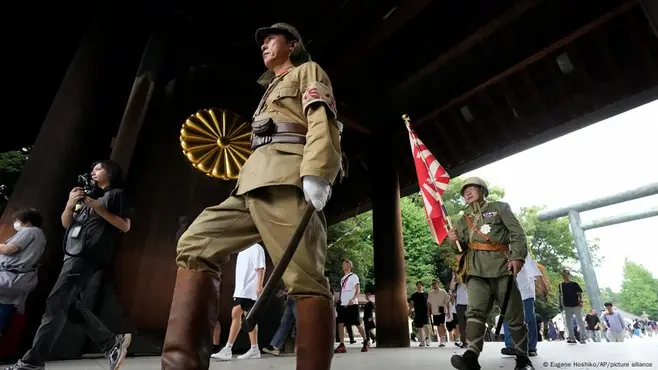
Right wing groups in Japan push denialist narratives about World War II while victims and neighbors call for open acknowledgment.
Japan faces its wartime past as revisionist voices push a new narrative
On August 15, the 80th anniversary of Japan's surrender, the nation faces a heated debate about World War II, a debate some observers call history wars. Far-right groups have grown in visibility by denying or downplaying wartime brutality, and they translate revisionist texts into English to reach a broader audience. They argue the war was self defense and say victim narratives exaggerate wrongdoing.
Internationally, China and Korea push Japan to confront the past and to acknowledge wartime harm. Diplomats report that revisionist messaging and monuments abroad have sparked protests and counter-memorials. Within Japan, scholars and survivors press for honest teaching of history and more remembrance in schools. The controversy also centers on the Yasukuni Shrine, comfort women, and the Nanjing Massacre, with debates spilling into textbooks, museums, and public memory.
Key Takeaways
"They want to claim the moral high ground over Japan, but all we want to do is have the right to remember and honor our war dead."
Moteki on reconciliation and memory
"They seize on historical documents that are often relatively obscure and cherry-pick them for information."
Morris-Suzuki on revisionist methods
"Those who forget the past will inevitably find themselves in a similar situation again in the future."
Hosaka on learning from history
"It's time Japan faced its war crimes and militarist past."
China Daily editorial reaction
Memory fights reveal how history becomes policy in a democratic society. Revisionist groups seek to shape schoolbooks and museum displays, a move that can complicate ties with neighbors and raise questions about accountability.
Experts warn that memory should unite people, not deepen wounds. The challenge is to build a shared, factual baseline that respects victims while avoiding blanket punishment of the present. Open dialogue with regional partners and responsible education are seen as essential to prevent history from becoming a tool for political gain.
Highlights
- Stop apologizing because it is meaningless now.
- Memory should be a shared responsibility, not a battlefield.
- History is a lens not a weapon.
- Honesty today shapes trust tomorrow.
Risk from wartime memory disputes
The rise of historical revisionism risks domestic backlash and strains with regional partners. It could affect diplomacy, education policy, and how future generations understand past events.
Memory requires honesty, not spectacle, if future ties are to endure.
Enjoyed this? Let your friends know!
Related News

Bones found at Japanese mine site linked to Korean forced laborers

Markets edge down as Walmart weighs on index

Market Slip Deepens as Walmart Weighs on Stocks
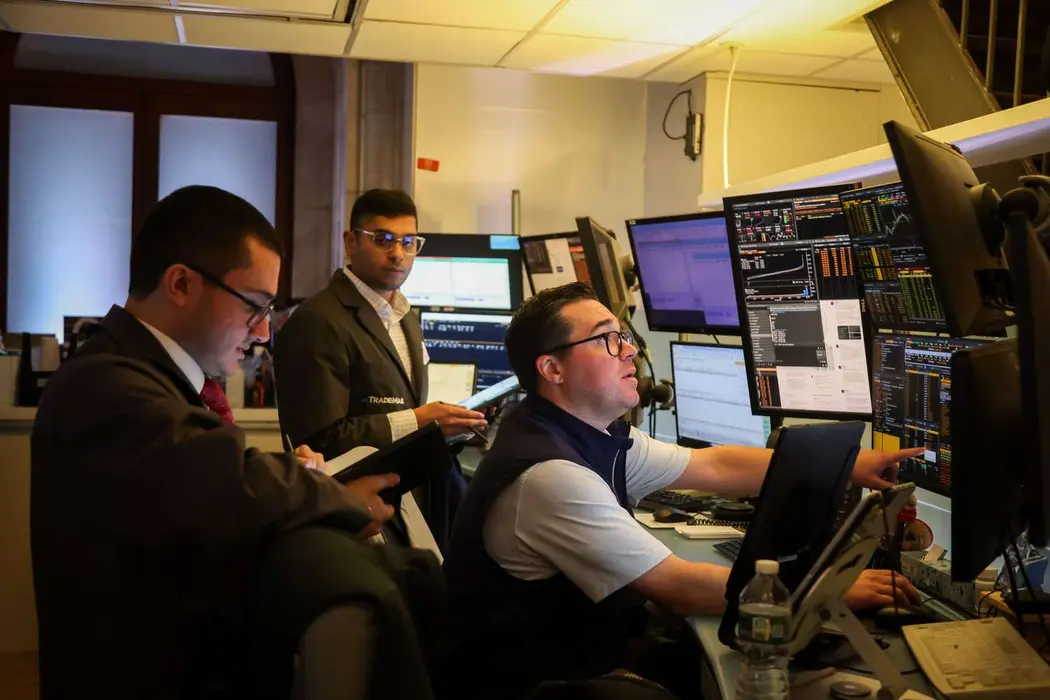
Market moves

CLOVERS founders discuss Okami 2 and Capcom amid industry layoffs
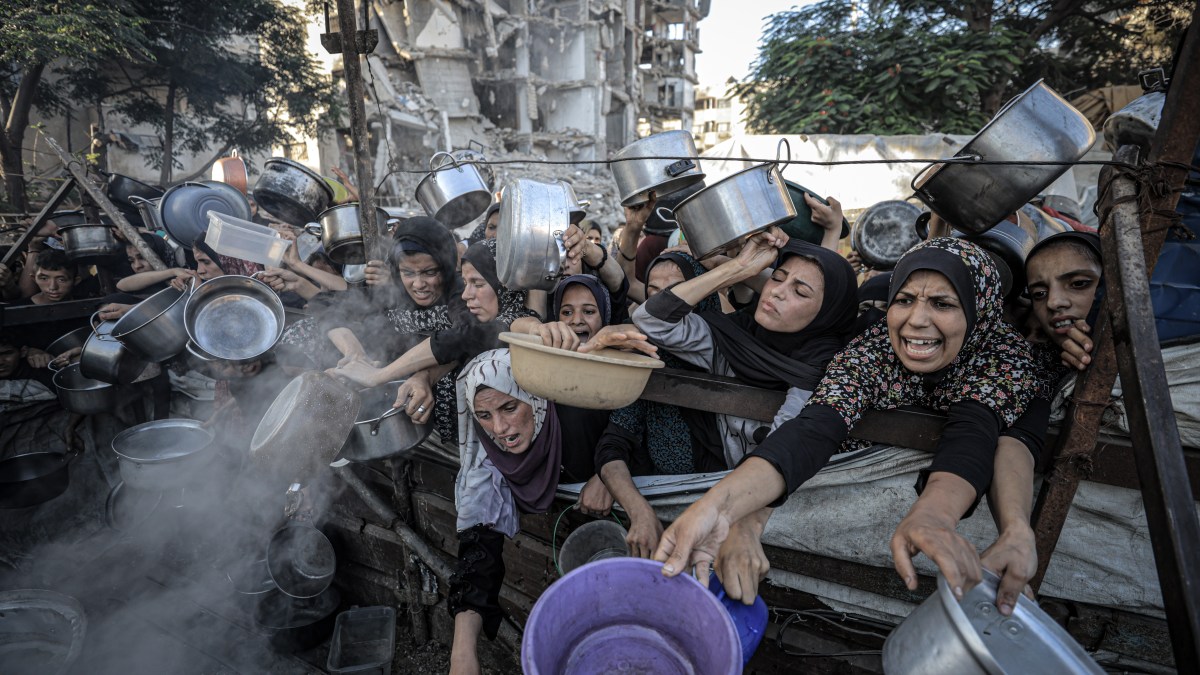
Gaza faces severe hunger crisis as aid falls short
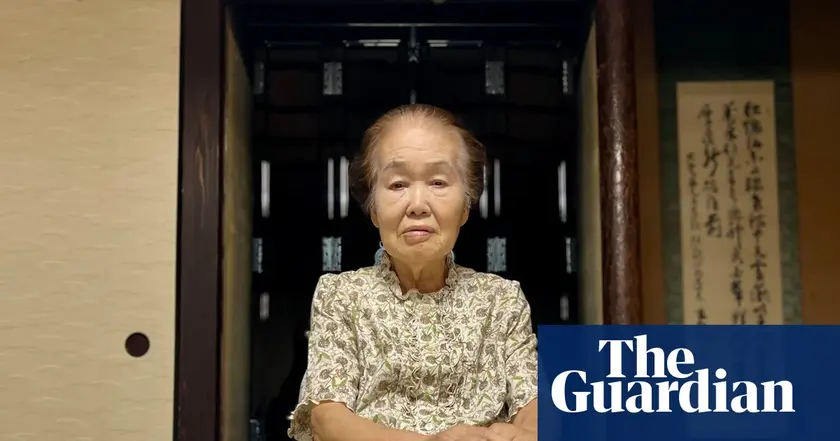
Hiroshima marks 80 years since the atomic bombing
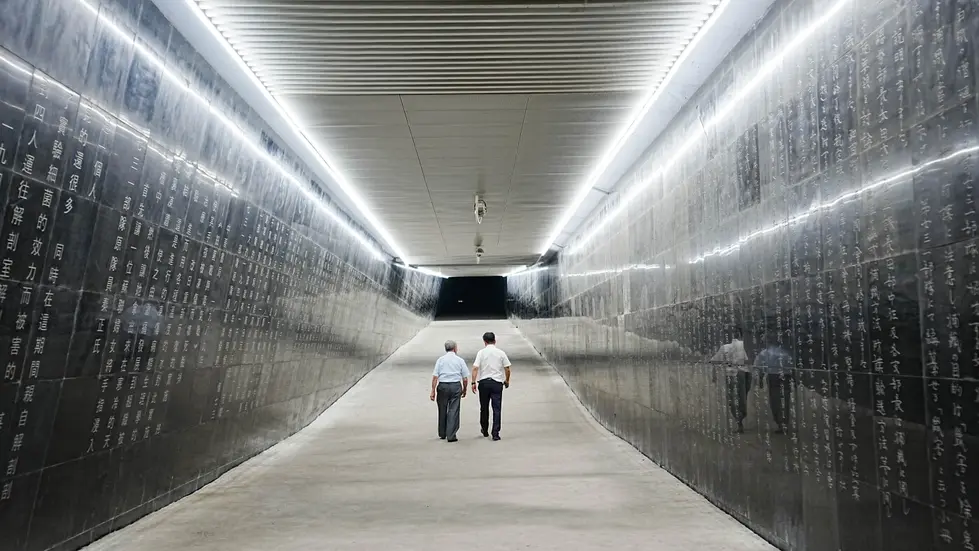
Japan confronts Unit 731 history with new records
